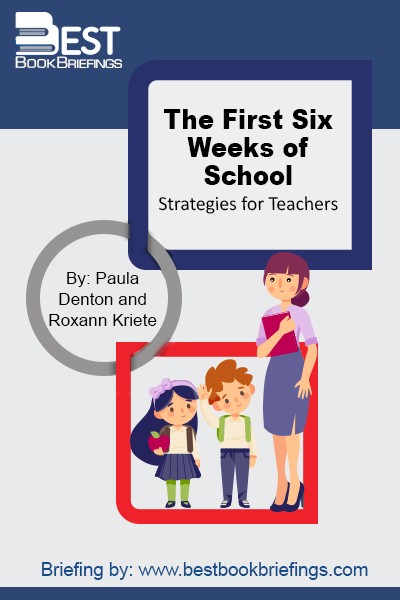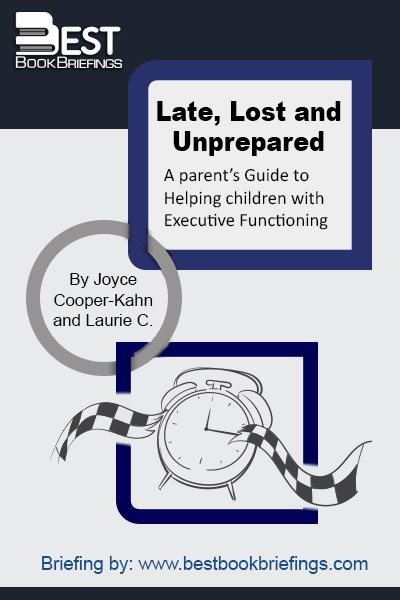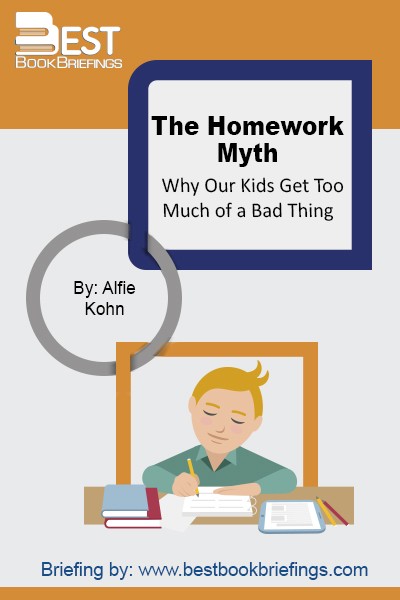The Homework Myth
Why Our Kids Get Too Much of a Bad Thing
About the Author
Kohn is an education and parenting expert. He authored ten books including Punished by Rewards and The Schools Our Children Deserve.
Read More...Editorial Review
After spending most of the day in school, children are typically given additional assignments to be completed at home. This is odd in light of the fact that widespread assumptions about the benefits of homework – higher achievement and the promotion of self-discipline and responsibility-aren’t substantiated by the available evidence. Many parents report being astounded by how much homework their kids get. Some of those parents conclude that homework is more a hindrance than a help; they describe it as “busywork”, with zero redeeming qualities; they are anguished that their children have grown up in their rooms doing homework, missing out on their childhoods.
Book Reviews
"I'm always fascinated-and more than a little disturbed-when our practices are completely out of step with what the data say. Homework, I discovered, is a stunningly clear example of that, because more and more of it is being piled on younger and younger children, even as research continues to find absolutely no benefit to making kids do more academic assignments at home after spending six or seven hours in school."District Administration
"Education watchdog and author Kohn (No Contest: The Case Against Competition) questions why teachers and parents continue to insist on overloading kids with homework when there are no definitive studies proving its overall learning benefits. Indeed, argues Kohn persuasively, homework can be detrimental to children 's development by robbing families of quality evening time together and not allowing a kid time simply to be a kid." Publishers Weekly
"kohn has started a much-needed conversation against the assumptions behind No Child Left Behind. The next challenge is creating a strategy that unites parents, teachers and students in fighting back against the punitive approach that currently dominates public education."International Socialist Review
Books on Related Topics

Learn how to structure the first six weeks of school to lay the groundwork for a productive year of learning. Discover how taking the time to build a solid foundation in the early weeks of school can pay off all year long in increased student motivation, cooperation, responsibility, and self-control.

by Eric Jensen
Let’s acknowledge two fundamental facts. First, students who attend school from kindergarten through secondary school typically spend more than 13,000 hours of their developing brain’s time in the presence of teachers. Second, their brains are highly susceptible to environmental influences—social, physical, cognitive, and emotional. And, more important, their brains will be

Finnish Lessons is a first-hand, comprehensive account of how Finland built a world-class education system during the past three decades. The author traces the evolution of education policies in Finland and highlights how they differ from the United States and other industrialized countries. He shows how rather than relying on competition,

Is your child chronically late turning in papers? Does she show up for soccer practice without her soccer bag? Say things without thinking? Read something and forget what he read? Wait until the last minute and then get caught short of time to complete tasks? Written by two clinical psychologists, Late,
Wisdom to Share
Some parents conclude that homework is more a hindrance than a help; they describe it as “busywork”, with zero redeeming qualities.
Some parents conclude are anguished that their children have grown up in their rooms doing homework, missing out on their childhoods.
The benefits of homework—higher achievement and the promotion of self-discipline and responsibility—aren’t substantiated by the available evidence.
Not only do parents need to establish a time and place for the homework to be done, but they find themselves working through the directions and checking progress each step of the way.
School for children becomes work, and by the end of a seven-hour workday, they’re exhausted. But like a worker on a double shift, the student has to keep going once he gets home.
The demands of homework disrupt family relationships and deny parents and children the pleasures of family life.
Whenever homework crowds out social experiences, outdoor recreation, and creative activities, it’s not meeting the basic needs of children.
Seven hours a day in school is enough. Kids and families need the rest of the day for living—playing, socializing, shopping, solving problems, eating, traveling, watching movies, reading for pleasure, etc.
A passion for learning isn’t something that you have to inspire kids to have; it’s something you have to keep from extinguishing.
When children are intrigued by a good lesson and given freedom from homework, they naturally seek out more knowledge.
One way children get better devising and carrying out plans, seeing tasks through to completion, and so on, is by doing chores and participating in other activities that are part of family life.
In some studies the children’s understanding of their “responsibility” turned out to mean their uncritical acceptance of what they were told to do.
We need to question the practice of assigning students homework every night primarily so that they learn to practice unquestioning obedience at the expense of their own time and interests.
We need to question the practice of assigning students homework every night primarily so that they learn to practice unquestioning obedience at the expense of their own time and interests.
Self-discipline doesn’t mean primarily learning that life is tough and that one must generally do what one is told. It means learning to manage freedom by having gradually expanding opportunities to be responsible for free time.
These youngsters don’t need to be threatened into studying, so their motivation might be said to be internal.
With respect to homework, which is widely thought to help students learn better, part of the matter may involve misconceptions about learning itself.
The amount of time a student spends on a task isn’t consistently related to achievements as it may seem. Learning takes time, but providing time doesn’t in itself ensure that learning will take place.
More time may result in more learning – if “lack” of adequate time was the major cause of the problem in the first place.
More time may result in more learning—if “lack” of adequate time was the major cause of the problem in the first place.
It isn’t quantitative changes in behavior that help children to learn better. Rather, it’s qualitative changes in the ways students view themselves in relation to the task, engage in the process of learning, and then respond to the learning activities.
Lots of practice can help some students get better at remembering the correct response, but not to get better at – or even accustomed to—thinking.
Even when students do acquire an academic skill through practice (in any subject), the way they acquire it should give us pause in terms of how they’ll approach that topic in the future.
Psychologically, when we drill ourselves in a certain skill so that it becomes second nature, we may come to perform that skill “mindlessly.”
Practicing some skills until you can practically do them in your sleep often interferes with flexibility and innovation.
Practice often leads to habit—which is, by definition, a mindless repetition of behavior—but not to understanding. And when understanding is absent, the ability to use and apply the skill is very limited.
The way we think about discipline seems to assume that children are brutish and naughty. That’s why teachers are often told that if they don’t take control of the classroom, the most likely result will be chaos.
“Theory Y” holds that when people have something worthwhile to do and are treated with respect, they enjoy being productive, take pride in their work, and actively seek out challenges and responsibilities.
Children are naturally inclined to try to make sense of the world, to push themselves to do things just beyond their current level of competence.
Students who cut corners aren’t being lazy; they’re being rational. By choosing the easiest possible task, they’re just maximizing their chances of succeeding.
A lack of trust in one’s children is liable to create a self-fulfilling prophecy as they end up living down to those low expectations.
Changing the default to no homework would likely have two practical consequences: The “number” of assignments would decline and the “quality” of those assignments would rise.
We ought to be asking whether each example of homework will help students to think deeply about questions that matter.
It’s logical to invite students to take something they’re doing in class and continue it at home, such as performing an experiment in the kitchen that may replicate a finding from an experiment they already conducted in the classroom.
One way to judge the quality of a classroom is by the extent to which students can participate in making choices about their learning.
The best teachers know that children learn how to make good decisions by making decisions, not by following directions.
Students should have something to say about what they’re going to learn and the circumstances under which they’ll learn it, as well as how (and when) their learning will be evaluated, how the room will be set up, how conflicts will be resolved, etc.
The most impressive teachers tend to involve students in decisions about assignments rather than simply telling them what they’ll have to do at home.
Schools can provide time during the day so that those who prefer to have their evenings free for other activities will have a chance to finish (or at least start) an assignment before they get home.
The benefits of free reading are compromised if teachers stipulate that students must read a certain number of pages, or for a certain number of minutes, each evening.
Students will become good readers when they read more. They will read more when they enjoy reading. They will enjoy reading when they enjoy the reading material. They will enjoy the reading material when they are left to choose it themselves, and to delve into it on their own terms.
An effort to make kids into hard workers by compelling them to work hard – to instill good work habits in them by sheer force—reflects a stunning ignorance about how human beings function in the real world.
People are active meaning makers. They are not passive receptacles into which knowledge or skills can be poured.
Books by the same Author
The Homework Myth

We couldn't find public videos for this title. Please check back later.


